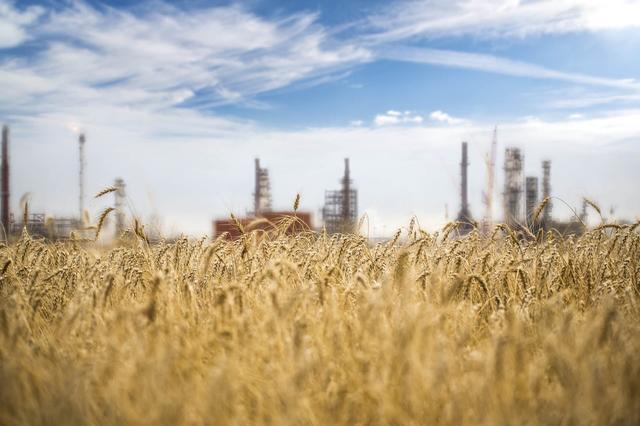Alberta has a big emissions problem and an economy heavily dependent on the industry at the heart of those emissions. It’s no wonder the province has been keen to invest in carbon capture technologies, including a recent announcement of $30 million for the design and engineering of new projects that promise to reduce emissions while allowing the oil and gas industry to continue.
The story is similar in Saskatchewan, where private investments in carbon capture and storage are primarily focused on using carbon to pull more oil out of the ground in an attempt to maintain the economy and bring down the industry’s footprint — a central reason Saskatchewan has the largest per capita emissions in Canada.
There’s a lot at stake.
Billions of public dollars are being earmarked for carbon capture, utilization and storage projects in both provinces as they grapple with federal climate targets, investor flight from fossil fuels and a changing world. In Alberta, $1.24 billion has already been spent on just two operational projects, while Saskatchewan has not committed any funding for carbon capture projects but has expanded a current tax credit to carbon pipelines.

It’s just the beginning. But it’s not without controversy.
Organizations like the International Energy Agency say demand for oil and gas will fall if governments are serious about achieving net-zero emissions, and Canada’s own net-zero ambitions would appear to contradict buoying the oil and gas sector. But both also call for the use of carbon capture, utilization and storage as a necessary tool to reduce emissions.
Critics of carbon capture technology see investments like those in the Prairies and argue it’s simply a way to prolong the lifespan of an industry that needs to put itself out of business if the world is to survive. Other technologies and priorities that don’t support the oil and gas industry are the way out of our woes, they argue.
The push for government funding also comes as oil and gas companies are pulling in big profits, and spending the windfall on stock buybacks and increased dividends for investors.
In a Jan 19. open letter to Finance Minister and Deputy Prime Minister Chrystia Freeland, a group of over 400 academics cautioned against issuing a tax credit for new carbon capture projects, which they argue amount to a subsidy for fossil fuels, for an expensive technology that has a poor track record of hitting targets. Details on what those credits will look like are expected this year.
People always tell us they love our newsletter. Find out yourself with a weekly dose of our ad‑free, independent journalism




